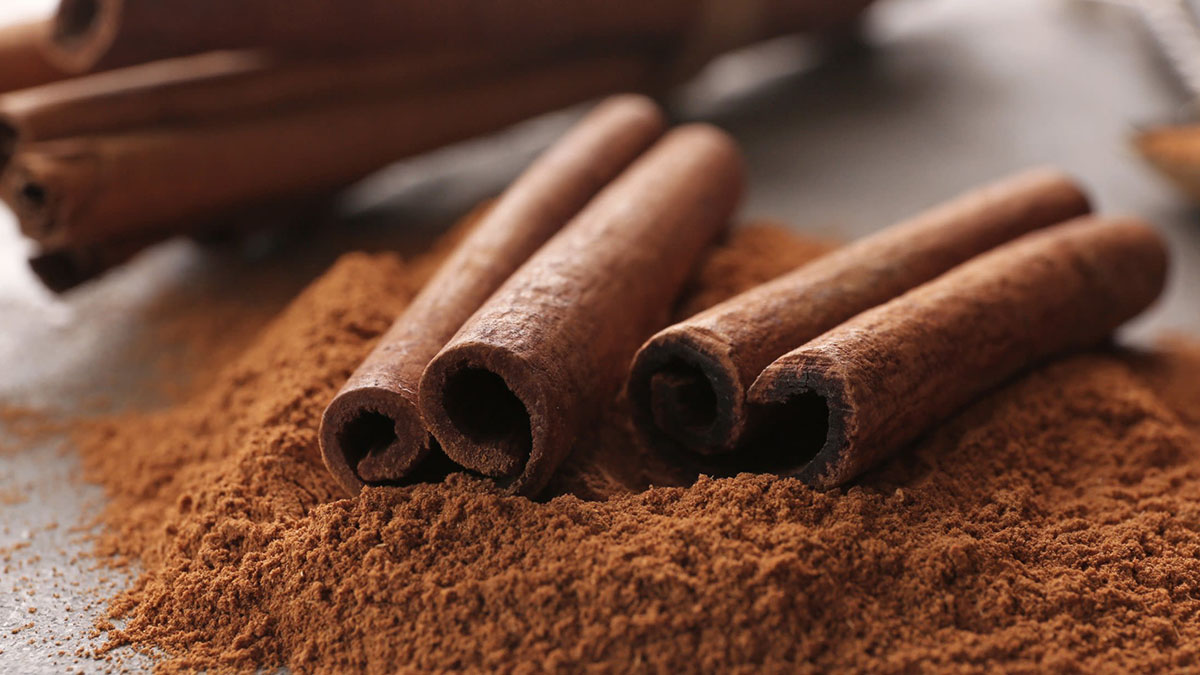
Cinnamon, a popular spice known for its warm flavor and aroma, has been used for centuries not only in cooking but also in traditional medicine. In recent years, it has gained attention for its potential benefits in managing diabetes. With millions of people affected by diabetes worldwide, finding natural ways to support blood sugar control is crucial. Let’s explore how cinnamon can be used to help manage diabetes and improve overall health.
The Science Behind Cinnamon and Diabetes
Cinnamon contains several compounds that have been studied for their potential to lower blood sugar levels. The most notable of these is cinnamaldehyde, which is believed to be responsible for many of cinnamon’s health benefits. Research suggests that cinnamon may improve insulin sensitivity, which helps the body use insulin more effectively and lowers blood sugar levels.
Additionally, cinnamon may slow down the breakdown of carbohydrates in the digestive tract, leading to a more gradual rise in blood sugar after meals. Some studies have also shown that cinnamon can reduce fasting blood sugar levels and improve overall glycemic control in people with type 2 diabetes.
How to Use Cinnamon for Diabetes Management
- Cinnamon Tea: One of the simplest ways to incorporate cinnamon into your diet is by making cinnamon tea. To prepare, add a cinnamon stick or a teaspoon of ground cinnamon to boiling water and let it steep for 10-15 minutes. Drink this tea once or twice a day to help manage blood sugar levels.
- Sprinkling on Foods: Ground cinnamon can easily be added to a variety of foods. Sprinkle it on oatmeal, yogurt, or fruit, or mix it into smoothies, coffee, or tea. Not only does it enhance the flavor, but it also adds a healthful boost.
- Cinnamon Supplements: For those who prefer a more concentrated dose, cinnamon supplements are available in capsule form. It’s important to consult with a healthcare provider before starting any supplement to determine the appropriate dosage and ensure it doesn’t interfere with any medications.
- Incorporate in Cooking: Cinnamon can be used in both sweet and savory dishes. Add it to baked goods, curries, or marinades for an extra kick of flavor and health benefits. Ceylon cinnamon, often referred to as “true cinnamon,” is recommended for regular use due to its lower coumarin content, which is safer for long-term consumption.
- Cinnamon and Honey: A mixture of cinnamon and honey can be a tasty and beneficial addition to your diet. Mix a teaspoon of cinnamon with a tablespoon of honey and consume it daily, either on an empty stomach or mixed into a warm beverage.
Precautions When Using Cinnamon
While cinnamon can be beneficial for diabetes management, it’s important to use it wisely:
- Dosage: Excessive consumption of cinnamon, especially cassia cinnamon (commonly found in supermarkets), can lead to liver damage due to its high coumarin content. It’s best to limit daily intake to 1-2 teaspoons of ground cinnamon or opt for Ceylon cinnamon, which contains lower levels of coumarin.
- Consult Your Doctor: Always consult with a healthcare provider before adding cinnamon to your diabetes management plan, particularly if you are taking blood sugar-lowering medications. Cinnamon can enhance the effects of these medications, potentially leading to hypoglycemia (low blood sugar).
- Quality Matters: Choose high-quality cinnamon from reputable sources to ensure you’re getting the best health benefits without any harmful additives.
Conclusion
Cinnamon is more than just a flavorful spice; it’s a natural remedy that may help manage diabetes and improve blood sugar control. Whether you choose to enjoy it in your tea, sprinkle it on your food, or take it as a supplement, incorporating cinnamon into your daily routine can be a simple and effective way to support your health. However, as with any natural remedy, it’s essential to use cinnamon responsibly and in consultation with a healthcare professional.
